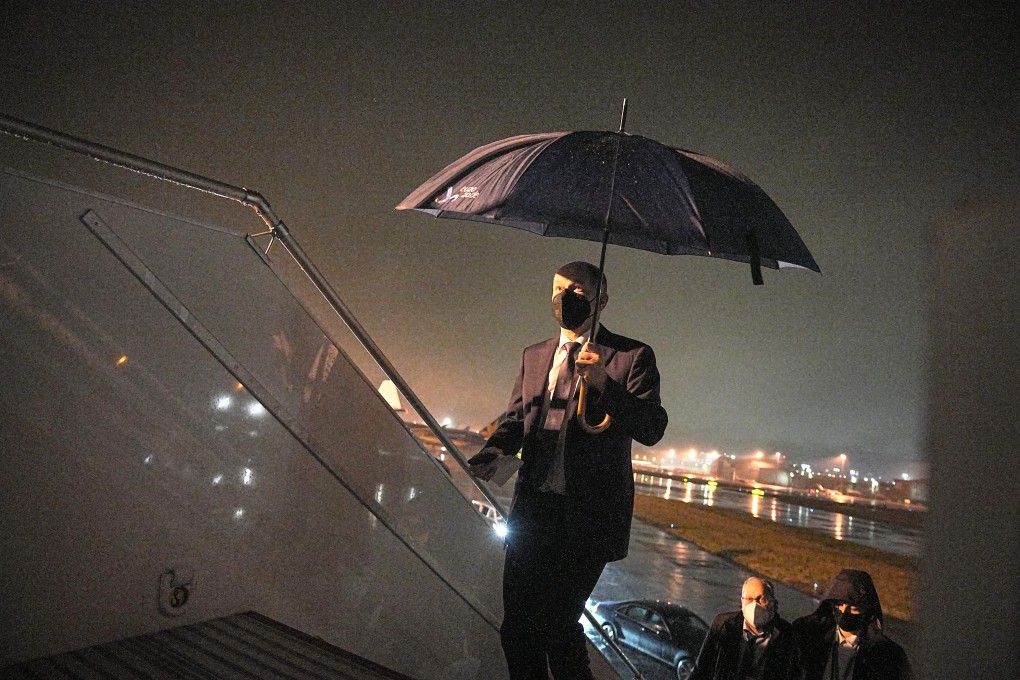Editorial | China policy test for new German leader Olaf Scholz
- Coalition partners may want a tougher line on China, but Chancellor Scholz has stressed his priorities are the European Union and United States

Coalition governments are a feature of German politics and to stay in office, all involved need patience, common sense and compromise.
New chancellor Olaf Scholz will be walking a tightrope in navigating relations with his country’s most important trading partner, China. His view of how ties should be are in line with former leader Angela Merkel, who in 16 years at the helm forged strong links with Beijing that won her the respect of Chinese officials and people alike.
But that era has ended and been replaced by a three-party alliance that perceives Beijing in a markedly different light.
President Xi Jinping sent Scholz a congratulatory note within 10 minutes of the new leader taking office, reflecting Berlin’s importance to Beijing. The message said China and Germany should seek mutual respect and common ground while acknowledging differences.
The chancellor, who was finance minister under Merkel, is known as a pragmatist and is well aware of the economic and technological benefits the nations have reaped from their links.
